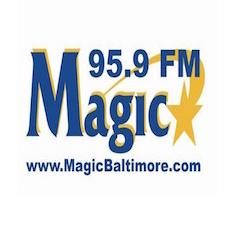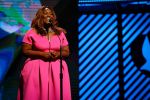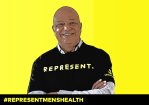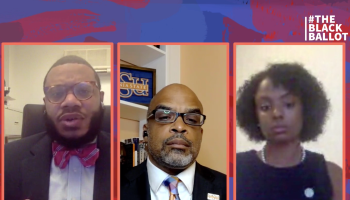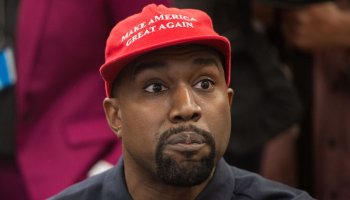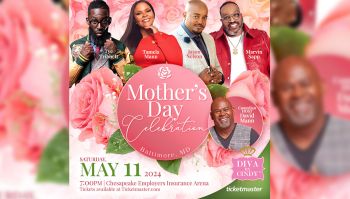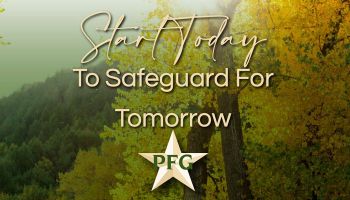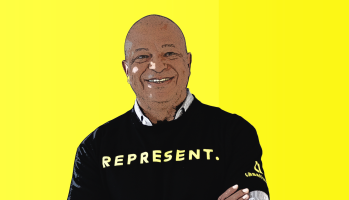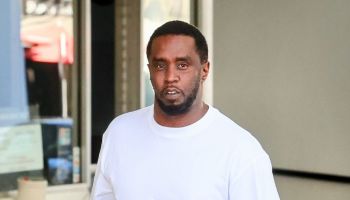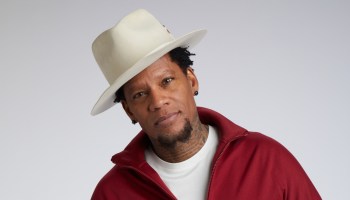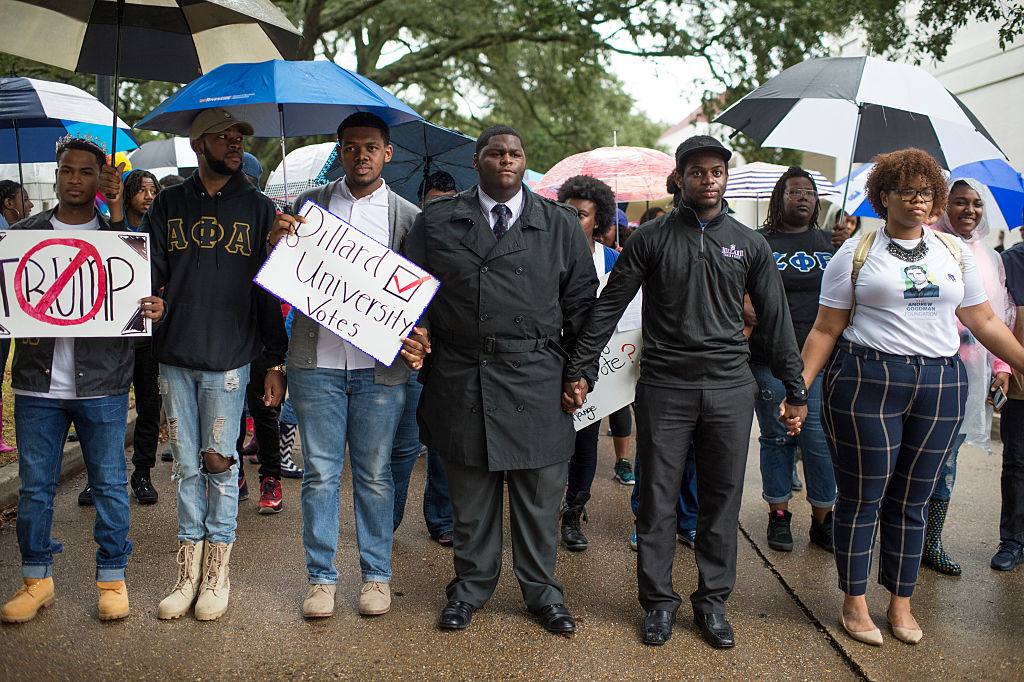
Source: Tom Williams / Getty
NewsOne’s The Black Ballot initiative and its ongoing political conversation about the Black experience in America recently turned to the topic of historically Black colleges and universities and the roles HBCUs and their students are playing with “the Black vote” as Election Day rapidly approaches.
An impressive panel of Black minds helped NewsOne identify, explore and contextualize a number of nuanced themes in this political cycle as they specifically relate to HBCUs: Dr. Makola Abdullah, President of Virginia State University; Fana Haileselassie, Spelman College Student Government Association President; and Lodriguez Murray, Senior Vice President of Public Policy and Government Affairs at the United Negro College Fund (UNCF).
On Wednesday, they addressed concerns such as candidates’ engagement with HBCUs, how to increase voter turnout this year after it dropped in 2016, voter suppression and, of course, the Democratic vice-presidential nominee and California Sen. Kamala Harris, who is a proud alumna of Howard University.
Murray, of UNCF, stressed that one thing he thought was missing from the political conversation about HBCUs is the lack of “resources” being made available to the more than 100 historically Black colleges and universities sprinkled across the country.
“We have to demand those resources,” he said. “We have to demand that we stop having the conversation about what would happen if HBCUs had finances and actually grant them the finances so we can stop hearing that old tired story about ‘we’ve done so much with so little for so long.’ It’s time for us to start doing the same thing everyone else is doing with the same kind of resources. We have to demand that of candidates and make sure that they speak to our needs.”
In terms of campus activism — a tradition at Black colleges that’s come to an abrupt halt in this consequential election year because of the coronavirus pandemic — Dr. Abdullah said it not only still exists, but it’s thriving.
HBCUs “have always “been a home for activism,” Abdullah said. “As you look at the protests that have happened in the streets centered around George Floyd and Breonna Taylor, you will find HBCU graduates and HBCU students in the middle of it. … I think that’s true across the country. Even in this COVID-19 environment, and even when some students are taking classes remotely, I don’t think that that has stopped them from being politically active.”
Haileselassie, Spelman’s student government association president, suggested that candidates should consider continuing to court HBCU students as they did during the primary season.
“I think what I would like to see a more intentional engagement with HBCU students and faculty to better have those intimate conversations about what our primary concerns are in terms of policy and what our faculties’ concerns are in terms of the federal government’s support of HBCUs,” she said.
Haileselassie also looked to future HBCU students to be able to keep the momentum going from the Black political capital being accrued in 2020. She said that fostering and encouraging “a sense of civic engagement among young Black voters” starts at home and in early education.
“The curriculum needs to include some level of education regarding voter registration and voter suppression so Black students and students of color know the importance of their participation in this political process,” Haileselassie added.
See the full conversation below.
SEE ALSO:
CBC Introduces Jobs And Justice Act Of 2020 To Help Black Families Economically And Socially
Voting During The Pandemic: What You Should Know About Coronavirus And Casting Ballots
Read More From The Black Ballot
The Black Ballot: How Do HBCUs Fit Into ‘The Black Vote’? was originally published on newsone.com
